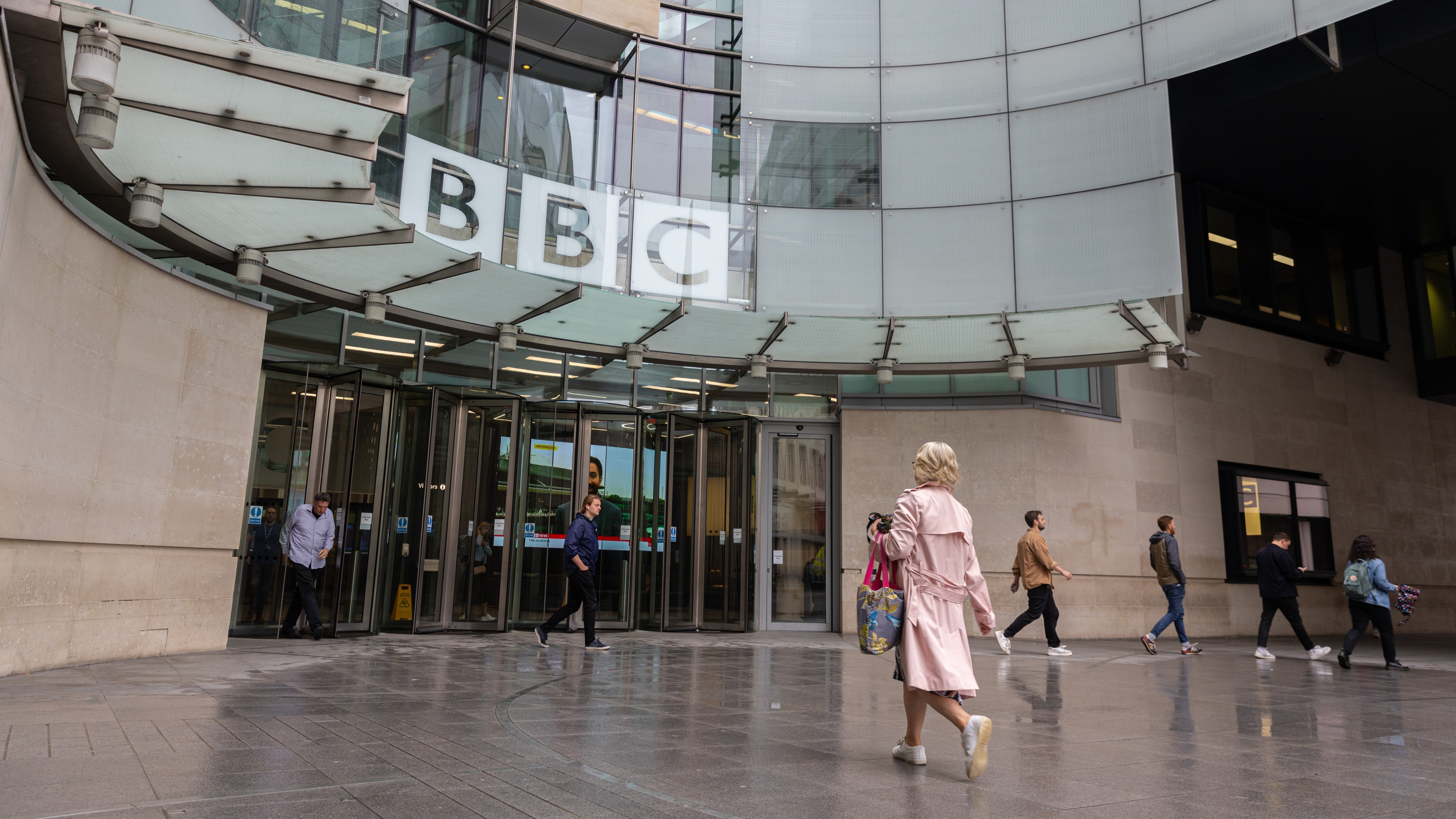There is widespread suspicion among consumers about how AI might be used in news production and journalism, especially for ‘hard’ news stories such as politics or war, according to a report published by the Reuters Institute for the Study of Journalism.
The institute’s annual Digital News Report, which is based on surveys of nearly 100,000 people across 47 countries, offers a picture of the hurdles news media faces in lifting revenue and sustaining business.

According to the survey, 52% of US respondents and 63% of UK respondents said they would be uncomfortable with news produced mostly with AI. There is more comfort with the use of AI in behind-the-scenes tasks such as transcription and translation; in supporting rather than replacing journalists.
“As publishers and news organisations rapidly adopt AI, to make their businesses more efficient and to personalise content, our research suggests they need to proceed with caution, as the public generally wants humans in the driving seat at all times,” said one of the report’s authors, Nic Newman.
Elsewhere, the study found that more people are turning away from news, describing it as depressing, relentless and boring.
Almost four in 10 (39%) people worldwide said they sometimes or often actively avoid the news, compared with 29% in 2017. Wars in Ukraine and the Middle East may have contributed to people’s desire to switch off the news, the report’s authors said. It said that news avoidance is now at record high levels.
In many countries, especially outside Europe and the United States, the research found a significant further decline in the use of Facebook for news and a growing reliance on a range of alternatives including private messaging apps and video networks. Facebook news consumption is down four percentage points, across all countries, in the last year.
It also found that news use across online platforms is fragmenting, with six networks now reaching at least 10% of respondents, compared with just two a decade ago. YouTube is used for news by almost a third (31%) of global audiences each week, WhatsApp by around a fifth (21%), while TikTok (13%) has overtaken Twitter (10%), now rebranded X, for the first time.
Linked to these shifts, video is becoming a more important source of online news, especially with younger groups. Short news videos were accessed by two-thirds (66%) of the Reuters sample each week, with longer formats attracting around half (51%). The main locus of news video consumption is online platforms (72%) rather than publisher websites (22%), which Reuters said was increasing the challenges around monetisation and connection for publishers.
Concern about what is real and what is fake on the internet when it comes to online news has risen by three percentage points in the last year with around six in ten (59%) saying they are concerned. The figure is considerably higher in South Africa (81%) and the United States (72%), both countries that have been holding elections this year.
Worries about how to distinguish between trustworthy and untrustworthy content in online platforms are highest for TikTok and X when compared with other online networks. Both platforms have hosted misinformation or conspiracies around stories such as the war in Gaza, and the Princess of Wales’s health, as well as so-called ‘deep fake’ pictures and videos.

Saleha Williams appointed CEO of IABM
Saleha Williams has been appointed as the Chief Executive Officer (CEO) of IABM.

Comcast sets leadership team for ‘SpinCo’ cable unit
US media and telco giant Comcast has unveiled the leadership team for SpinCo as it prepares to spin off its cable television portfolio later in the year.

Labour exploring ‘alternative funding options’ to BBC licence fee
UK Culture Secretary Lisa Nandy is reportedly considering scrapping the BBC licence fee at the end of the Corporation's current charter in December 2027.

BBC Director-General Tim Davie to head Creative Cities Convention speakers
BBC Director-General Tim Davie has been lined up as one of the key speakers at this year’s Creative Cities Convention, being held from May 7–8 in Bradford as part of its UK City of Culture 2025 celebrations.

ITV names Sam Tatlow as Head of Diversity, Equity and Inclusion
ITV has promoted Sam Tatlow to the newly created role of Head of Diversity, Equity and Inclusion.



